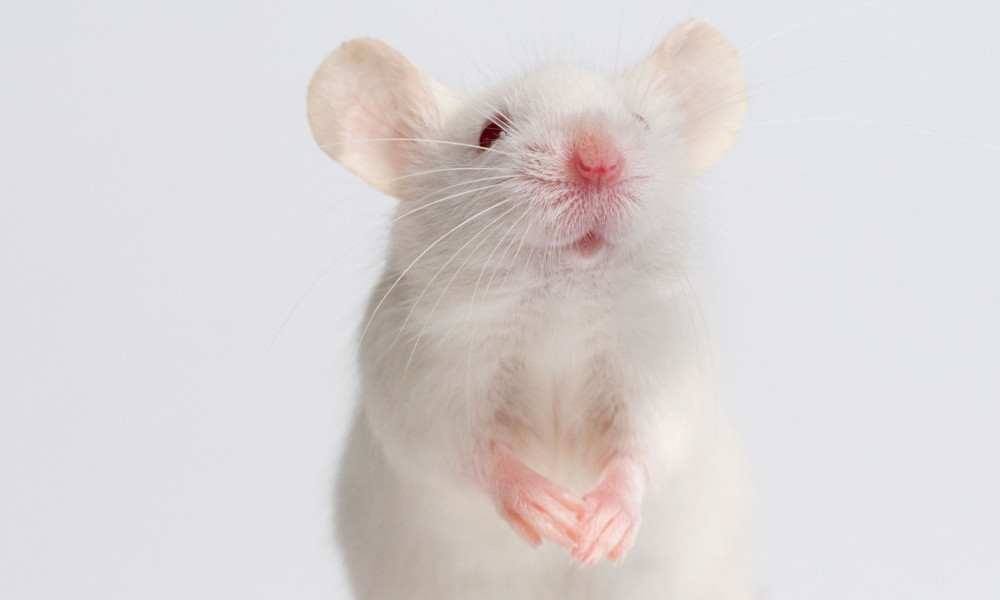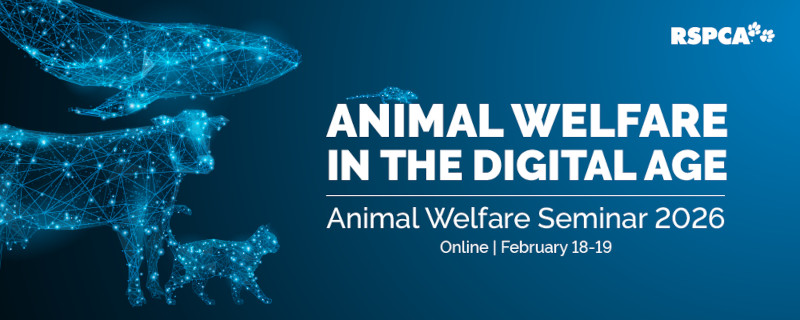Since most advances in medicine and veterinary health involve some animal research, it is virtually impossible to access medical or veterinary care and avoid using any products that have been developed using animals. But much of the safety testing is for non-medical products which, to meet legal requirements, involves the use of animals. However, companies can choose to reduce or eliminate the need for animal testing and international trends show that regulatory testing is reducing. Consumers can influence both industry and government to minimise and avoid safety testing using animals.
Only new products being registered in Australia require testing. If companies continue to use old formulations, or combinations of chemicals that have previously been safety tested, then no further testing is required. Unfortunately, consumers tend to encourage the development and marketing of new products, which in turn results in more animal testing.

Those companies which advertise that they do not carry out animal testing will generally have a policy that they only use ingredients that have already been tested (by other companies). Some of these companies will have a ‘fixed cut-off date’, say 1990, and they will only use ingredients that were tested before this date. Others will have a ‘rolling date’ where they will only use ingredients that have not been tested in the past five or 10 years. Other companies may state that they do not test their ‘products’ on animals, but in many cases they test the ingredients, or they pay an external company to do the testing for them.
There is no simple solution to avoiding animal testing. There are things that you can do to help reduce the amount of testing carried out, such as avoiding buying ‘new improved’ formulations and checking labels to see if a company makes claims about animal testing and asking what these claims mean. There are three important criteria for an effective ‘cruelty free’ testing policy:
- The company manufacturing the product does not originate, endorse or finance any form of testing on animals. This includes testing by the company themselves or through contractors at any stage of product development, production or marketing.
- The product must not contain ingredients tested on animals by or on behalf of the company after a fixed cut-off date. This means the company uses only established ingredients which need no further animal testing.
- The policy includes a commitment to take reasonable steps to achieve a reduction in, and eventual ending of, animal use in regulatory testing and product development. Funding research into humane alternatives to animal testing is one way to help achieve this.
In the case of cosmetics, the Australian industry is competitive and responsive to customers and there is plenty of choice in the market for consumers who wish to use products that are ‘cruelty-free’, so buying products ethically can influence the choices companies will make in relation to their products.
Currently, most cosmetic products sold in Australia will contain ingredients that have been tested on animals in another country at some point in time. As Australian law does not completely prevent animal-tested ingredients from being used in cosmetics, the Australian cosmetics industry has developed a voluntary code of practice to guide the industry on advertising claims relating to the animal testing status of cosmetic products.
The RSPCA recommends that consumers of cosmetics who wish to avoid purchasing products containing ingredients that have been tested on animals should only purchase products with the claim ‘Not tested on animals’ and avoid products without such claims or with qualified versions of this claim such as ‘We have not tested this on animals’ or ‘Not tested on animals by us’. For further certainty, the RSPCA encourages consumers to look for the ‘bunny’ logo of the established certification body Cruelty Free International as products with this logo will have been independently assessed.

